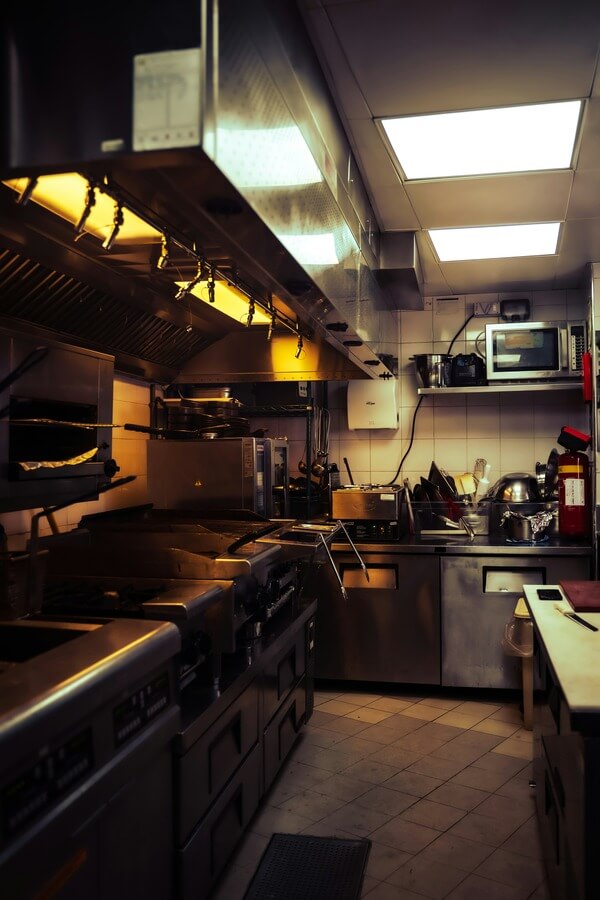Exploring Mold-Resistant Materials for Your Philadelphia Home Renovation
When planning a home renovation, consider these mold-resistant materials to combat moisture and prevent mold growth.

Materials that can prevent mold growth in your Philly home
With a rich blend of culture, history, and architecture, Philadelphia is a city beloved by its residents. Its historic homes, in particular, stand as proud symbols of its heritage. However, these architectural gems, like many homes in the city, are vulnerable to a common enemy: mold.
In Philadelphia's climate, which features warm, humid summers and cold, wet winters, moisture accumulation can lead to mold growth, a problem that poses health risks and can cause structural damage to your home. Fortunately, advances in construction materials have led to the development of mold-resistant products that can keep your home safe and sound.
When planning a home renovation, consider these mold-resistant materials to combat moisture and prevent mold growth:
1. Mold-Resistant Drywall and Paint:
Traditional drywall can act as a breeding ground for mold when exposed to moisture. Mold-resistant drywall, however, is specifically designed to resist mold growth. It lacks the paper facing that provides food for mold, and instead, is covered in fiberglass. This material is ideal for areas prone to moisture like bathrooms, basements, and kitchens.
In addition to drywall, certain paints are engineered to inhibit mold growth. Mold-resistant paints contain antimicrobial ingredients that prevent mold from growing on painted surfaces. This type of paint works well in bathrooms, laundry rooms, basements, and other areas that experience high humidity levels.

2. Mold-Resistant Insulation:
Mold can thrive in the insulation of your home if it becomes damp. Mold-resistant insulation is designed to minimize this risk. It is treated with a fungicide that prevents mold from growing and spreading. These products also typically have a higher R-value, meaning they're more resistant to heat flow and can keep your home warmer in the winter and cooler in the summer.
3. Non-Porous Materials:
Materials like tile, glass, and metal are naturally resistant to mold because they are non-porous. This means they don't absorb water, which makes it difficult for mold to grow. These materials are excellent choices for kitchen countertops, bathroom walls, and floors in moisture-prone areas.
4. Solid Wood:
Certain types of solid wood, like teak and cedar, are naturally resistant to mold. These woods produce natural oils that make them less prone to moisture absorption. They can be used for outdoor decks, siding, and other parts of the home where mold is a concern.
5. Concrete:
Concrete is a robust, mold-resistant material that can be used in various areas in your home, from flooring to countertops. Its porous nature allows it to breathe, preventing moisture buildup, thus reducing the chances of mold growth.
Incorporating these materials into your Philadelphia home renovation can protect your living space from the damaging effects of mold. However, it's important to note that while these materials help prevent mold, they can't entirely eliminate the risk. Regular maintenance and proper ventilation are also crucial in maintaining a mold-free environment.
A home renovation is not just about enhancing the aesthetic appeal of your home, but also about improving its durability and safety. By choosing mold-resistant materials, you not only safeguard your home but also the health of your family, making your historic Philadelphia home a safer and more comfortable place to live.
.jpg)
Top Shelf Mold Removal
Our goal is to treat Philadelphia homes at an affordable cost to make happier, healthier communities.
Get a free quote today.


